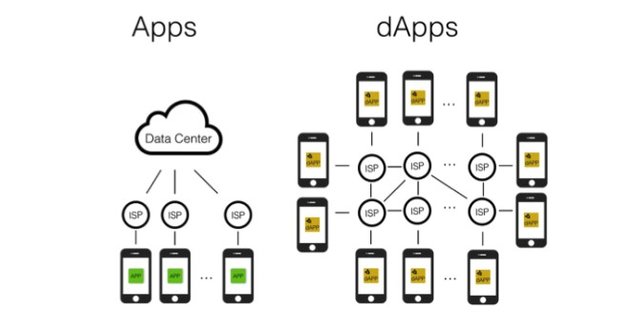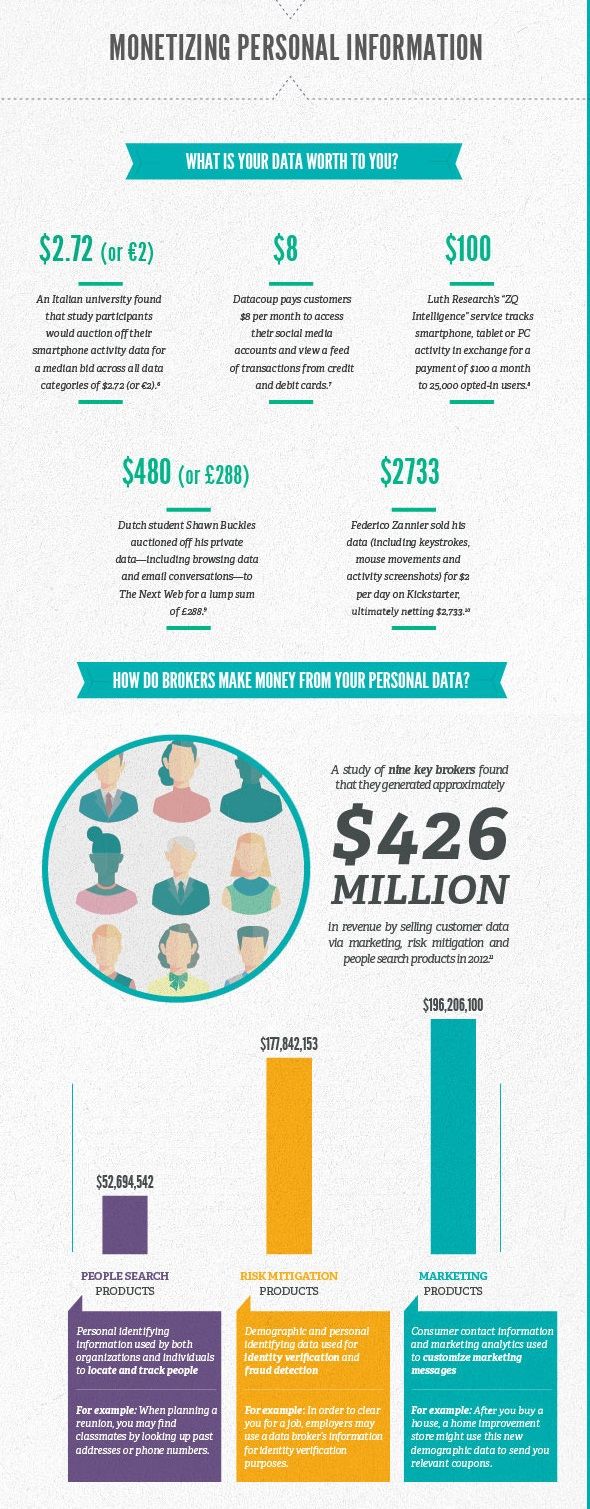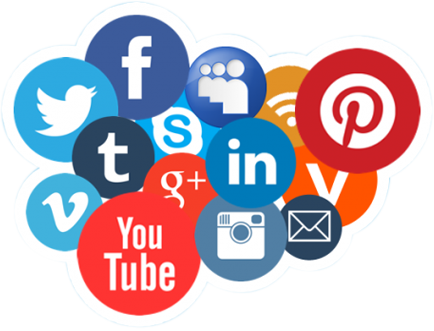The Economy of a Decentralized Application and It's Use Case
What is a dApp?
dApps are just like any normal application, like Facebook, however they are different in that they are not owned by anyone, nor does data required to make the application run sit in one centralized database. In other words the applications functions are distributed across a number of computers. dApps are usually open source, run on a blockchain that allow for undisputed consensus of information, and often can’t be shut down or offline since they don’t have a central point of failure. The application works because there is a network of computers supporting it all over the place.

The Issue
dApps are not owned by anyone, so inherently there is no motive for a developer to make an application, if they will not get compensated for it. Every application must have a revenue model. Facebook for example makes money by harvesting the data you voluntarily put on it, as well as most other applications.
dApps however, are different because the data you produce is owned by you! If you wanted to you could sell that data just like Facebook does and be compensated for it directly. So the issue here is how can developers be compensated for creating a decentralized application in which all the benefits are to the users? Well we will get into that in the dApp economy section, but first lets talk about why dApps are even important or worth it.
Why Should I Care about a Decentralized Application? Facebook is fine, Right?
dApps are a very empowering tool, but the benefit is slightly complicated to comprehend at the surface level. I definitely did not see the value in a dApp when I was first researching about it, it just seemed unnecessarily complicated and did not seem to have much of a use case. However after constantly reading about it, I think I am finally putting together the pieces for its use case.
We use applications day in and day out. We have applications for nearly everything we do from watching TV, listening to music, buying things, traveling, and of course sharing our every day experience via social media. Whenever we use an application we are providing the company with revenue, but as a consumer we don't really think about it, because we don't physically hand over any money for using SnapChat, or Facebook, or Instagram. If these companies are able to generate Billions of dollars of revenue off of us, shouldn't we compensated for it? Or should we just be content with having "free" access to the application. The reality is that dApp's can provide the same service with transparency, security, and a broader sense of ethicality. The recent Cambridge Analytica scandal is a perfect example. Our data, was sold without our consent, in which this person benefited a great amount financially. Then the data sold was further used to manipulate us during the presidential election. This was ethically immoral in my opinion, it was a large breach of security and brought to light many issues with how Facebook is using our data and what exactly they collect data on. Should they be allowed to collect data from my web browsing history even when I am not on Facebook? Well Mark Zuckerberg in his testimony did say that those data points are collected, but its not very transparent as to how it is used or if its even necessary to collect that in the first place.
At the end of the day, every application you use has collected some data on you, and in today’s world that data is VERY valuable. It is important that the data we generate be used ethically and transparently, but unfortunately that’s not the case. The people who use the applications should be in control of their data, they are the ones who should make decisions about their data, and they should be the ones profiting off of the valuable information they are providing. Anytime you use an application you are building an intangible product, and then you voluntarily hand it over to the centralized corporations who sell it, and generate billions of dollars of revenue. This is why we need dApps, so we can control our data and benefit from it financially, use it how we want it to be used, and not against us.

The dApp Economy
Like I mentioned, in order for dApps to become a reality, developers still need some incentive or reward for creating an application that benefits and puts all the control in the hands of the users. The most common way of doing this is by creating an internal currency. Lets continue with the Facebook example. If some developer were to create a decentralized Facebook, they could additionally create a coin called FaceCoin. FaceCoin would be needed to use the decentralized Facebook. When the developer creates the application and coin used to work the application, he/she would keep a certain amount of FaceCoin for themselves. Now as the application becomes popular and people start using it, the demand for FaceCoin would go up. This would cause the value of it go up as well, and just like that the developer has been compensated accordingly. In this scenario if the developer kept 100 FaceCoin for themselves, and the demand caused the value of FaceCoin to become 1 dollar, then the developer made 100 dollars. Now that’s a very simple example, but an effective one.
It is important to understand, that just because you need FaceCoin to use the dApp does not mean that you need to pay money. You would have many options in order to use the dApp. One option would be that you could share the data you generate with advertisers and be compensated in FaceCoin which you could use to continue using the application. This is just like Facebook’s current model but, the difference is that the user is able monetize his/her own data if he or she so chooses. This would probably be the most likely scenario, however there would also be other ways to use dApps without paying some of which could be allowing the decentralized Facebook to use a certain amount of space on your computer to store information because there would be no centralized server. In doing so, it would almost be like paying rent, by allowing the decentralized Facebook to use some storage space on your computer, it would compensate you with FaceCoin which you could use for the application. The possibilities are endless and all the decision making and power is in the hands of the user. No more corporations selling your data without your consent and generating billions of dollars. You would become the CEO of your information making all important decisions, and benefiting financially from those decisions.
Conclusion
dApps offer a very unique path into the digital age, where people are using applications that they value and in doing so they directly compensate the developers and also benefit themselves. It sets the framework for a better future, where data is controlled by the user. Personal information can be monetized if the user so chooses, if they choose not to share then no one has the right to take your data from you and sell it to others. Decentralized applications offer transparency, and opportunities to everyone in an age where users are unaware of the value they create online that goes to benefit others. It’s time we start to take a look at dApps more seriously, and individually demand a push for digital ownership and privacy over all the digital data that you generate across different applications.

Congratulations @amannischal! You received a personal award!
Click here to view your Board
Congratulations @amannischal! You received a personal award!
You can view your badges on your Steem Board and compare to others on the Steem Ranking
Vote for @Steemitboard as a witness to get one more award and increased upvotes!